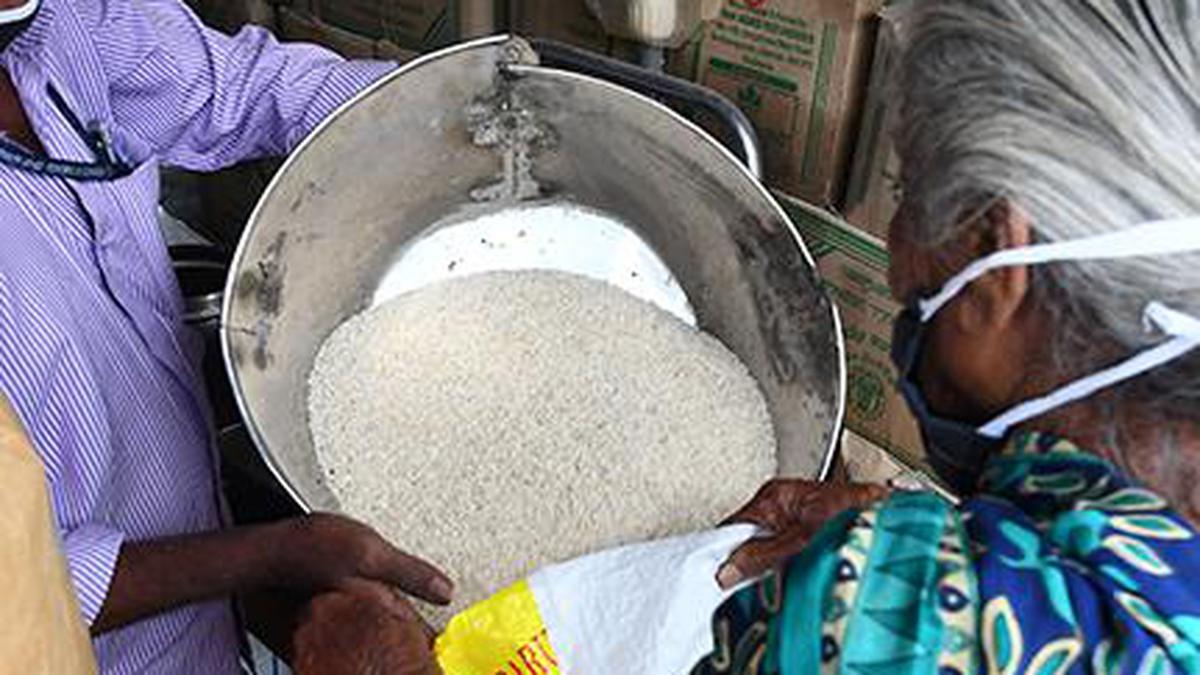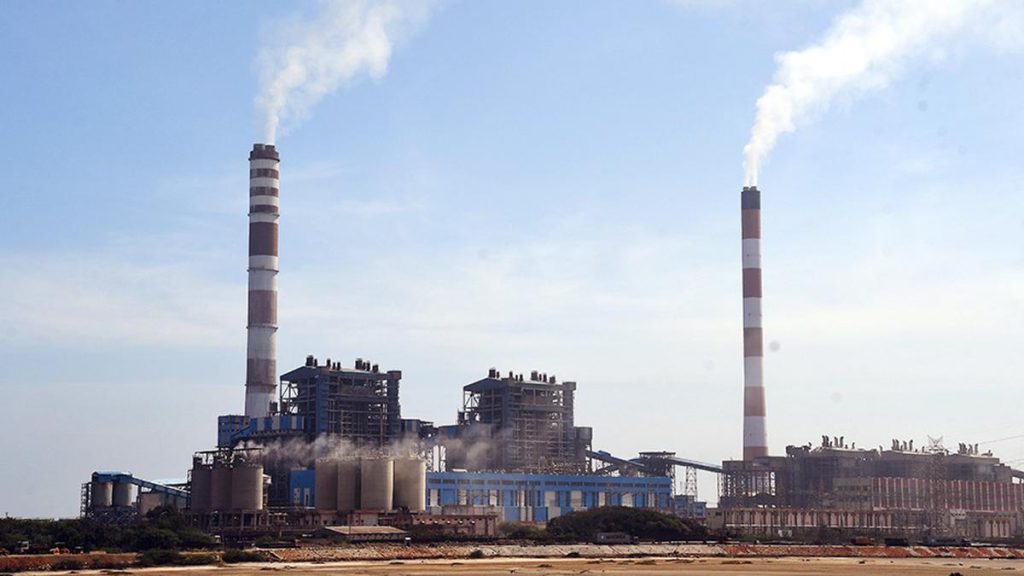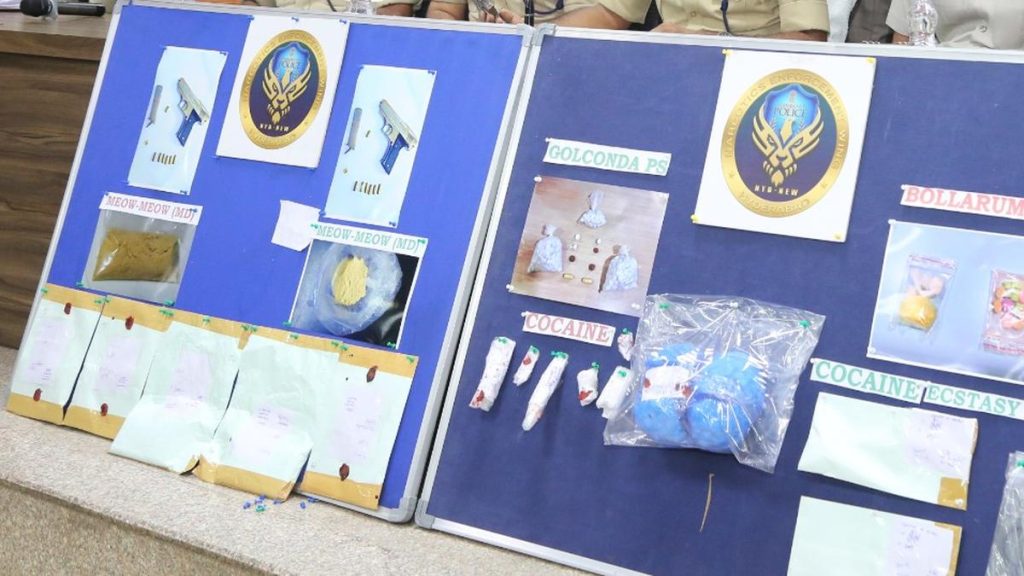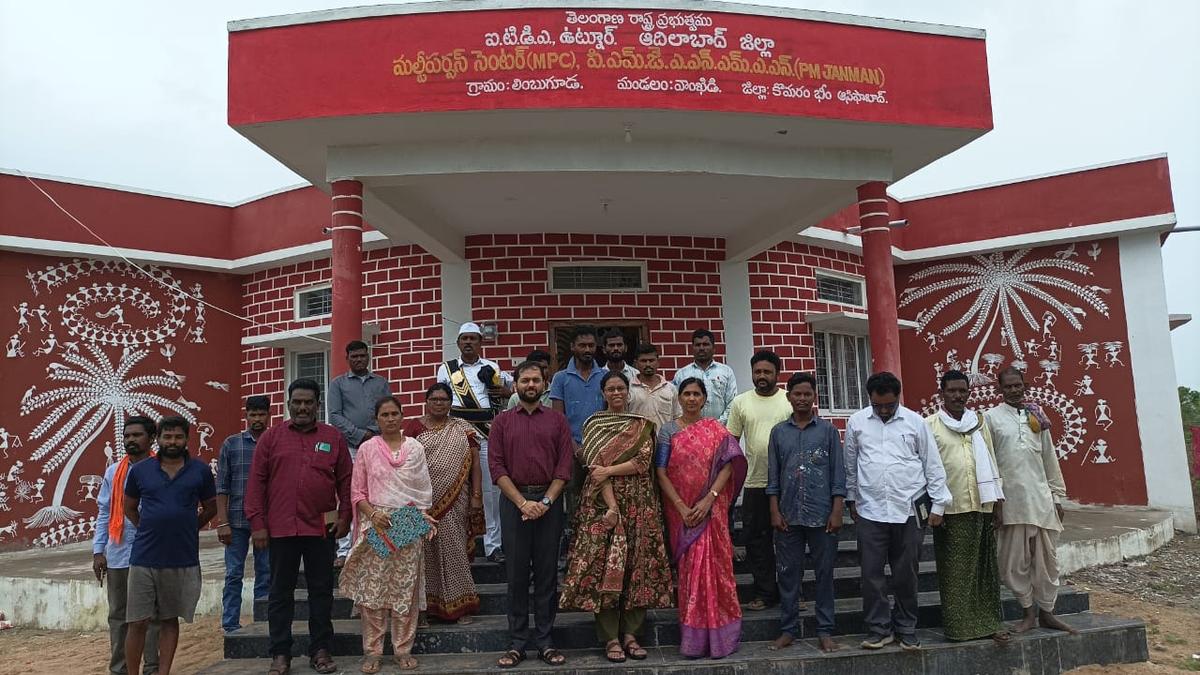Now Reading: Govt Highlights Potential to Add 79 Lakh Beneficiaries Under Food Law in Rajya Sabha
-
01
Govt Highlights Potential to Add 79 Lakh Beneficiaries Under Food Law in Rajya Sabha
Govt Highlights Potential to Add 79 Lakh Beneficiaries Under Food Law in Rajya Sabha

Quick Summary
- The National Food Security Act (NFSA),passed in 2013,provides foodgrain entitlements for up to 75% of the rural population and 50% of the urban population.
- This coverage includes two-thirds of india’s total population, equating to 81.35 crore people based on Census 2011 data.
- Currently, States/Union Territories have identified 80.56 crore beneficiaries under NFSA,leaving room for an additional identification of approximately 0.79 crore eligible individuals.
- Section 9 mandates coverage calculations based on published Census data; revisions will only be possible after updated Census results are available.
- States are responsible for identifying beneficiaries, issuing ration cards, and updating databases to eliminate ineligible recipients while enrolling rightful ones-a continuous process under NFSA provisions.
- Under NFSA:
– Antyodaya Anna Yojana (AAY) households receive a legal entitlement of 35 kg foodgrains per family per month.
– Priority households are entitled to receive five kg foodgrains per person monthly.
- Currently, free rations (wheat and rice) are provided by the Centre to all NFSA beneficiaries.
Indian Opinion Analysis
The announcement underscores the ongoing importance and challenges tied to ensuring food security within India’s vast population through initiatives like NFSA.While nearly full coverage has been achieved-spanning over two-thirds of citizens-the provision for adding more beneficiaries reveals gaps influenced by administrative processes or outdated census figures.
A crucial highlight is the reliance on Census data from as far back as 2011 to determine eligibility numbers despite demographic changes over time.This limitation restricts efficiency in targeting deserving citizens until new census figures become available.
The obligation placed upon individual states introduces variability in implementation efficacy across regions due to differences in capacity or governance approaches for identifying or de-registering beneficiaries. Continuous database updates remain central not only to improving outreach but also reducing potential misuse.india’s commitment via free ration distribution reflects a meaningful prioritization given its role in addressing both economic vulnerabilities and social disparities among underserved populations.
Read More: The Hindu Article

























